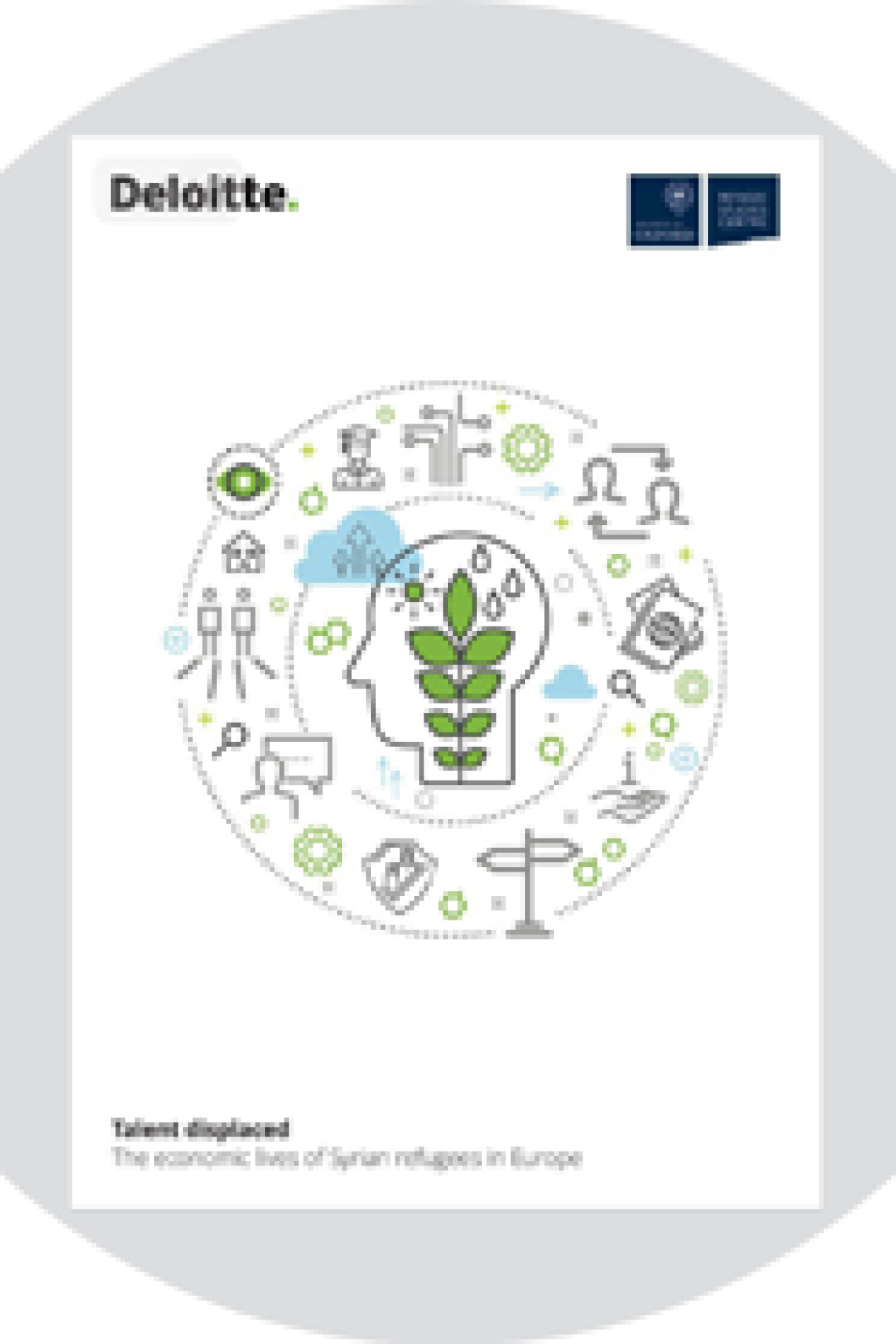New report from Deloitte, RSC explores Syrian refugees' economic potential
A new report from Deloitte and the Refugee Studies Centre at ODID sheds light on the economic potential of Syrian refugees in Europe.
The report, Talent displaced: The economic lives of Syrian refugees in Europe, is the result of a survey of 305 Syrian refugees in Austria, the Netherlands, and the United Kingdom, as well as qualitative interviews with businesses in these countries. The survey and interviews were conducted from March to June 2017. This study aims to contribute to the conversation on the major challenges facing refugees as they seek employment. Understanding these challenges can help businesses, government, and NGOs better target the assistance they provide to refugees in Europe.
'Syrian refugees in Europe often have skills and talents. And yet they are likely to be unemployed,' said Alexander Betts, Professor of Forced Migration and International Affairs at the RSC. 'We have collaborated with Deloitte to explain this paradox and identify practical solutions'.
Educated and skilled, but unemployed
The survey presents a paradox: a significant number of refugees surveyed are highly educated and skilled; 38% have university education, and one-third were employed in either skilled work or the professional services industry in Syria. However, the majority of the respondents – 82% – were unemployed.
Major barriers to employment
Language was one of the greatest barriers to employment, with 84% of refugees surveyed reporting that speaking the local language is the biggest barrier to access employment. Another key barrier related to skills: 63% of the refugees surveyed say they preferred to work in jobs that were linked to their existing skills and previous employment experiences.
Many of the businesses interviewed were open to the idea of hiring refugees, but seek legal and regulatory guidance around employing refugees. Additionally, many had misconceptions relating to their potential as prospective employees.
Bridging the gap
The report findings suggest a number of practical implications to better support the economic ambitions of refugees. As the report suggests, Syrian refugees in Europe have skills, talents, and aspirations. From closing the language training gap to exploring labour market matching platforms and recognising technology as an opportunity, business, government, civil society – and refugees themselves – all have an important role to play in enhancing the economic participation of refugees in their host countries.
The report was co-authored by Alexander Betts, Olivier Sterck, Remco Geervliet, and Claire MacPherson.

